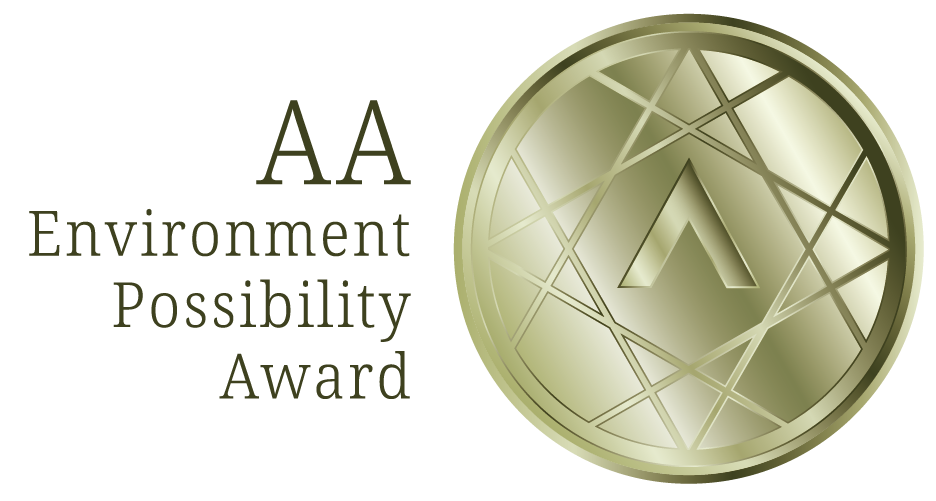Plastic waste needs sustainable management
Source : DhakaTribune|Author : Saima Akter Esha
Due to availability, the use of plastic in daily purpose is increasing. As the world's population increases, so does the demand for plastic products.
According to a World Bank report, in the last 15 years, annual per capita plastic consumption has increased three times in urban areas of Bangladesh.
A person in the United States uses an average of 0.35kg of plastic per day. Interestingly, in Bangladesh this amount is even less – about 0.03kg.
However, only 1% of plastic waste is mismanaged in the United States and the amount of mismanaged plastic waste in Bangladesh is about 3%.
According to the research of Environment and Social Development Organization (ESDO), about 14,500 tons of plastic waste has been produced during Covid-19. Out of this, only in Dhaka about 3,076 tons plastic were produced which includes surgical masks, hand gloves and sanitizer bottles, among others.
Besides, plastic bags used in relief distribution have also played a role here. Plastic waste is a hot topic nowadays. Cities require planned integrated waste management instead of collecting waste and sending it to landfills.
In cities, plastic waste is dumped on the ground after one-time usage. From there they fall into rivers through drains and canals. Polythene bags have become one of the causes of waterlogging in cities of the country including the capital Dhaka. Finally, these plastic ends up entering in the sea.
Bangladesh now ranks sixth in the world in terms of plastic and polythene pollution entering the sea through rivers and canals.
Indiscriminate throwing of plastic containers, water and soft drink bottles is one of the major reasons for plastic pollution in rivers and water bodies. The environment is being polluted due to plastic waste spreading in the sea; the life of fish and marine animals is under serious threat. Not only small marine animals, but also large fish are dying due to plastic pollution. Microplastics accumulate in the bodies of marine animals and fish and enter the human body through the food chain. Microplastics are entering the human body through the air.
In this way, microplastics are not only indirectly coming from the food chain, but directly entering the human body and creating health risks.
Bangladesh banned the use of polythene bags for the first time in 2002. But it did not reduce the use of polythene in the country, instead it increased. Uncontrolled use of all types of plastic can lead to major disasters.
Waste management generally refers to reducing the production of waste materials. The three Rs should be applied to integrated and complete waste management. The three Rs principles are - Reduce, Reuse and Recycle.
A large portion of mismanaged plastic is single-use plastic. The use of single-use plates, glasses, cups, straws, balloon sticks, cotton buds, soft drink pipes etc. should be completely stopped. If we reuse plastic, it will reduce the production of new plastic. This will reduce the import of raw materials and pressure on the economy. Thus, the amount of plastic waste will be reduced and the environment will be better.
There are about 2,000 factories in Bangladesh, out of which 50-60 are directly exporting plastic pieces abroad which is contributing to our economy. The responsibility for the development of the plastic sector should not limited to the private sector alone. For this, the related institutions of the government have to work.
The city corporations lack technical and financial capacity due to which proper process of collection of waste from home and segregation of waste at source is not possible.
Collection and recycling will be easier if different wastes are separated at the source of waste collection as in developed countries.
Currently there is a plastic waste product market of Tk40,000 crores in the country. Bangladeshi citizens use more than 9kg of plastic per capita annually. However, only 36% of this plastic is recycled. Most of the used plastic cannot be recycled because it is not properly collected from households and dustbins. Along with this, the quality of life of those who collect plastic products from homes and dustbins should also be improved.
There is no alternative to sustainable plastic waste management for environmental and economic reasons. Still lack of proper structure proper waste management is not happening. The big solution to this problem can be to ensure sustainable recycling of plastic waste through public and private initiatives.
Saima Akter Esha is a MSS Student of Mass Communication and Journalism Discipline, Khulna University, Khulna

